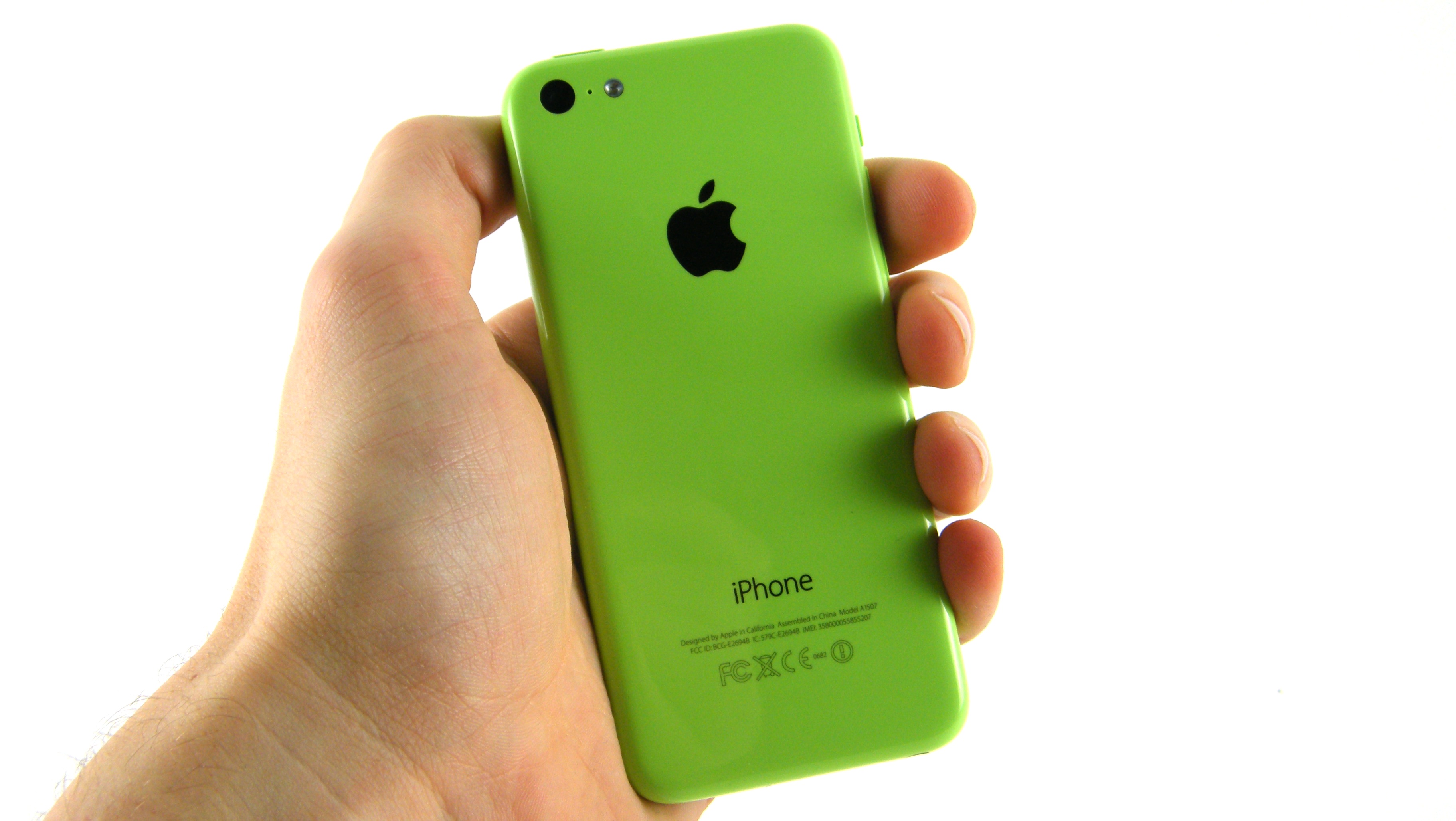Turns out the FBI may not need Apple to unlock iPhone after all
Interesting timing

In a sudden turn of events, the US government says the FBI may have found a way to unlock the San Bernardino iPhone without Apple.
If the method works, it would eliminate the need for the Cupertino, Calif. firm to assist the agency by building what it considers a backdoor into its own devices.
The development led the Department of Justice (DOJ) to ask that a Tuesday hearing to consider forcing Apple to do that very thing be postponed.
A judge granted the DOJ's request, plus put an indefinite hold on the FBI's court order. The government now has until April 5 to provide a status update.
'A possible method'
According to a filing from federal prosecutors, the FBI was shown "a possible method" to unlock the iPhone used by San Bernardino terrorist Syed Farook over the weekend.
"On Sunday, March 20, 2016, an outside party demonstrated to the FBI a possible method for unlocking Farook's iPhone," the filing read.
"Testing is required to determine whether it is a viable method that will not compromise data on Farook's iPhone. If the method is viable, it should eliminate the need for assistance from Apple Inc. ("Apple") set forth in the All Writs Act Order in this case."
Sign up for breaking news, reviews, opinion, top tech deals, and more.
There's no word on what this possible method is, or who the third party is who brought it forward.
According to the filing, the FBI continued to investigate all methods for unlocking Farook's iPhone even as litigation with Apple moved forward. People outside the US government also reached out "offering avenues of possible research," it said.
This is a significant change of tune for the government, which has repeatedly said throughout this case that Apple was the only entity capable of accessing the phone's data without compromising it. In a February 19 filing, it stated, "There can thus can be no question that Apple's assistance is necessary [.]"
Apple said today it was unaware the government had kept up efforts to access the phone without its help, according to BuzzFeed.
As techradar explored in an interview with a security expert, Apple was never the FBI's only option to unlock the iPhone, just its the easiest.
But based on the government's rhetoric towards Apple, which has teetered on the edge of calling it treasonous and felt at times like it was trying to bully or shame Apple into complying, one might have easily missed this.
What happens now?
Today's revelation is a huge development in an encryption battle that's pitted security and privacy advocates against one another, putting the world's largest tech firm in the center of it all.
As a refresher, last month the FBI filed a court order to force Apple to build a special software to unlock Farook's iPhone. Apple refused, saying the software would be a backdoor into the iPhone that would compromise the safety of hundreds of millions of users.
What's followed has been a fierce battle between the two in the courts, both federal and public opinion.
Numerous technology companies, some of them Apple's biggest competitors, rallied to its side, filing court briefs in support of the firm and issuing similar warnings that setting a precedent would compromise their customers, too.
The FBI and DOJ have maintained the software wouldn't be a backdoor as it would be confined to one phone, and could be destroyed after it was used. However, FBI Director James Comey said during a congressional hearing on encryption that the San Bernardino case would set a precedent, one the FBI would leverage in other situations.
Today's filing comes on the same day Apple held an event to unveil the iPhone SE and iPad Pro 9.7. During the event, Apple CEO Tim Cook said the company "will not shrink" from its responsibility to protect user data and privacy.
Apple's lawyers said today the company would like the government to share information on the new method that's come to light, though we wouldn't bet on it sharing what it's learned.
Based on today's revelations, it looks like the FBI could end up abandoning its case against Apple altogether, not least because its arguments are now seriously undermined.
We'll continue following the Apple FBI row, so keep checking back as the latest unfolds.

Michelle was previously a news editor at TechRadar, leading consumer tech news and reviews. Michelle is now a Content Strategist at Facebook. A versatile, highly effective content writer and skilled editor with a keen eye for detail, Michelle is a collaborative problem solver and covered everything from smartwatches and microprocessors to VR and self-driving cars.